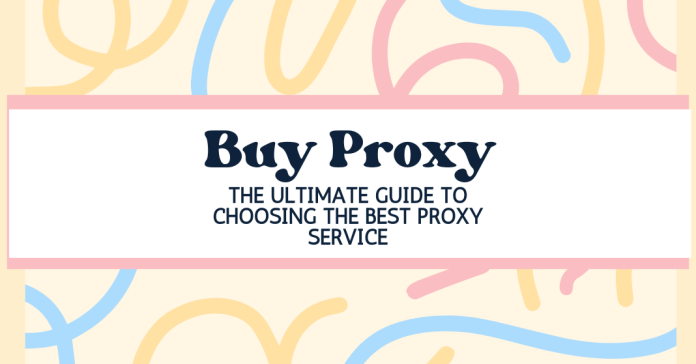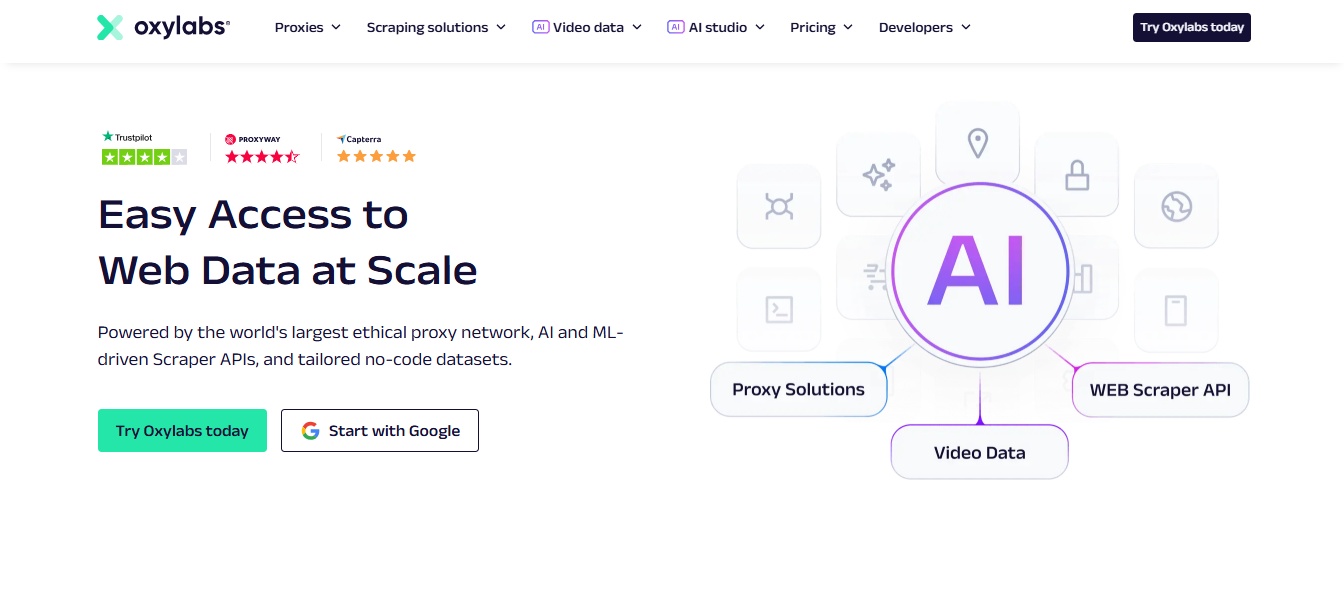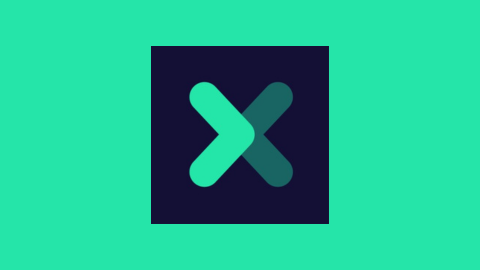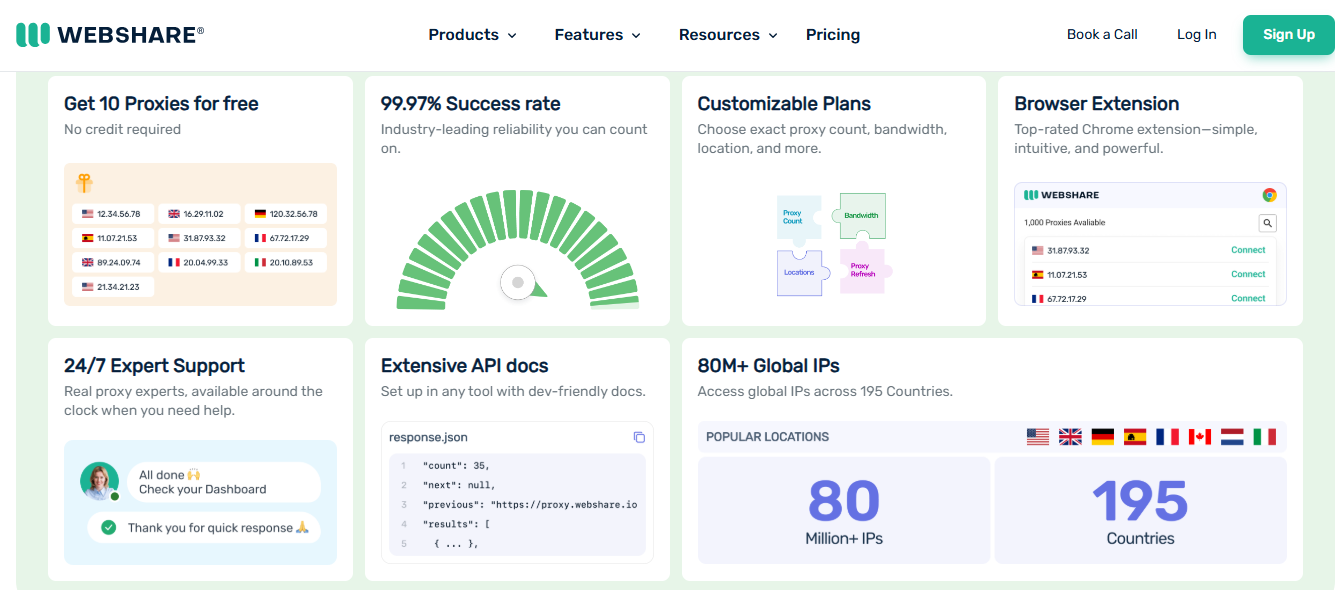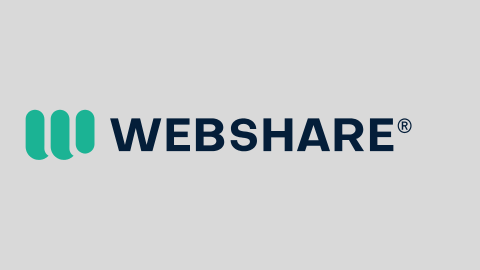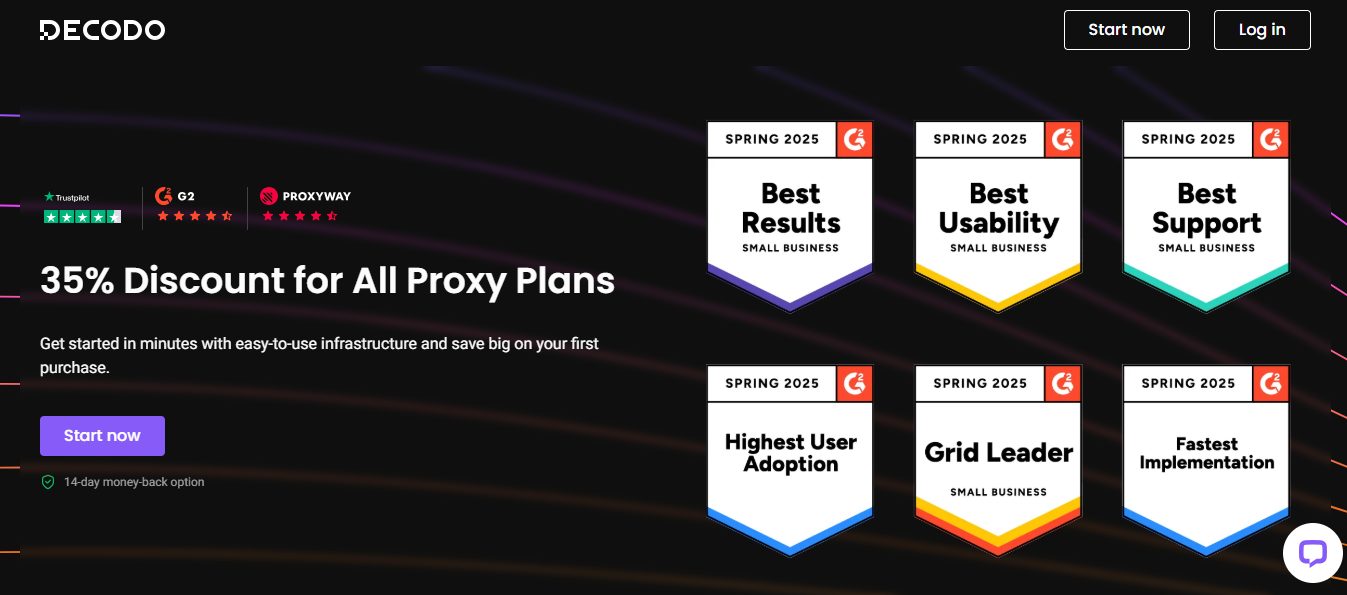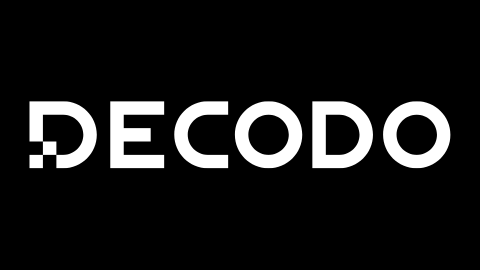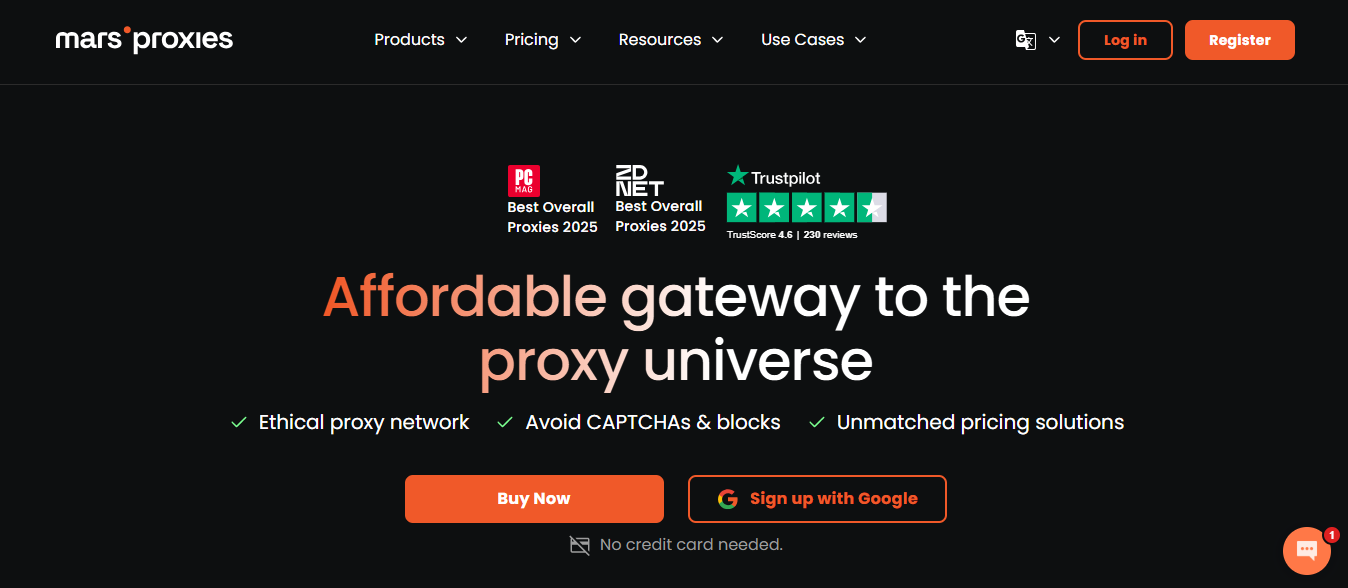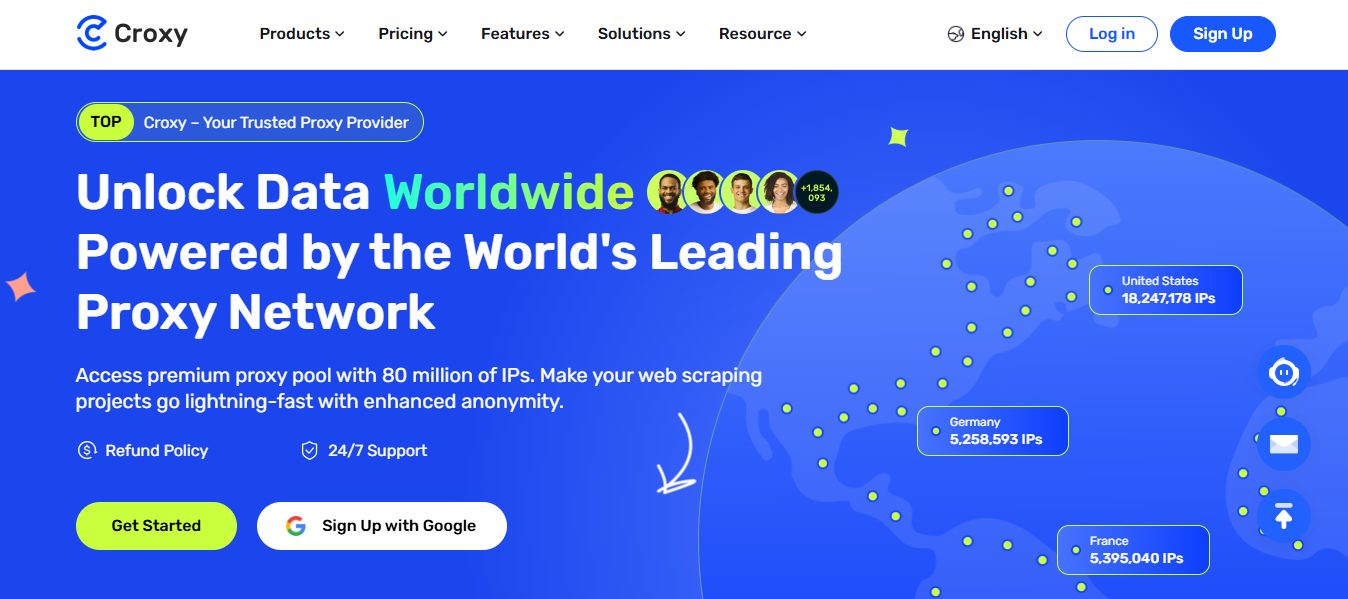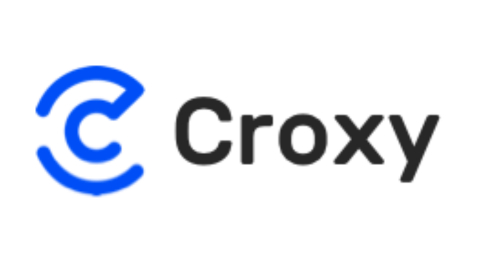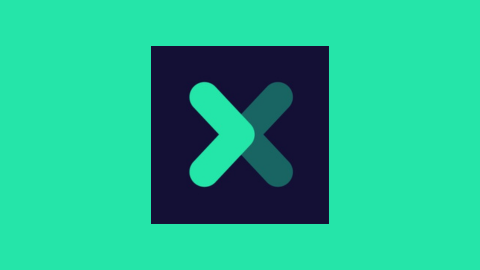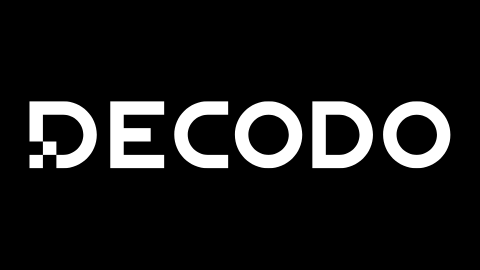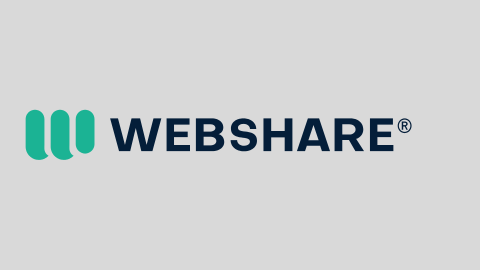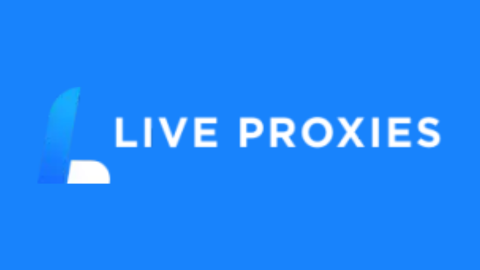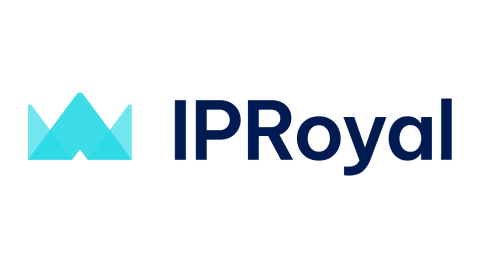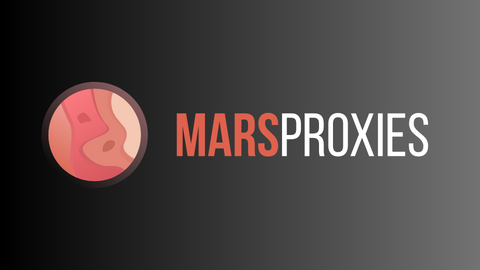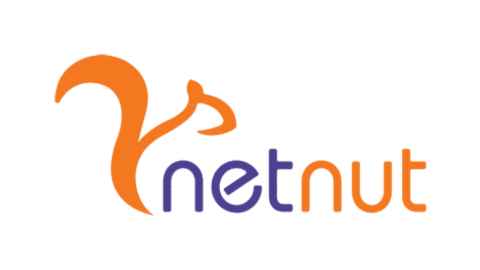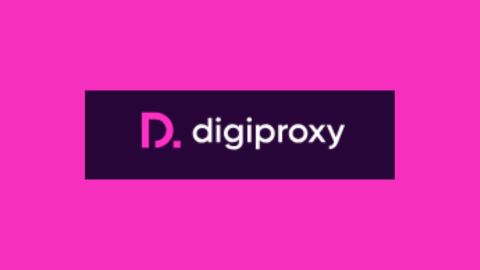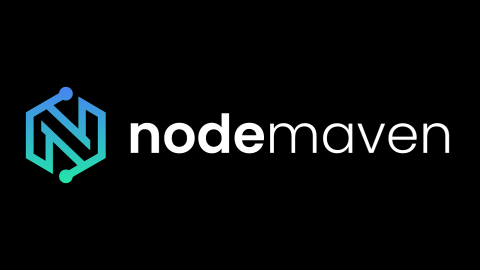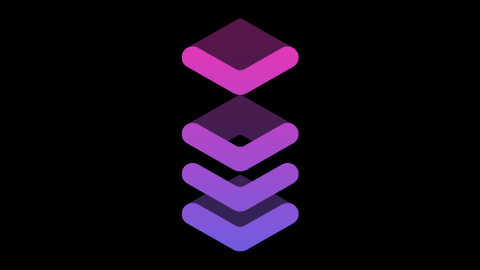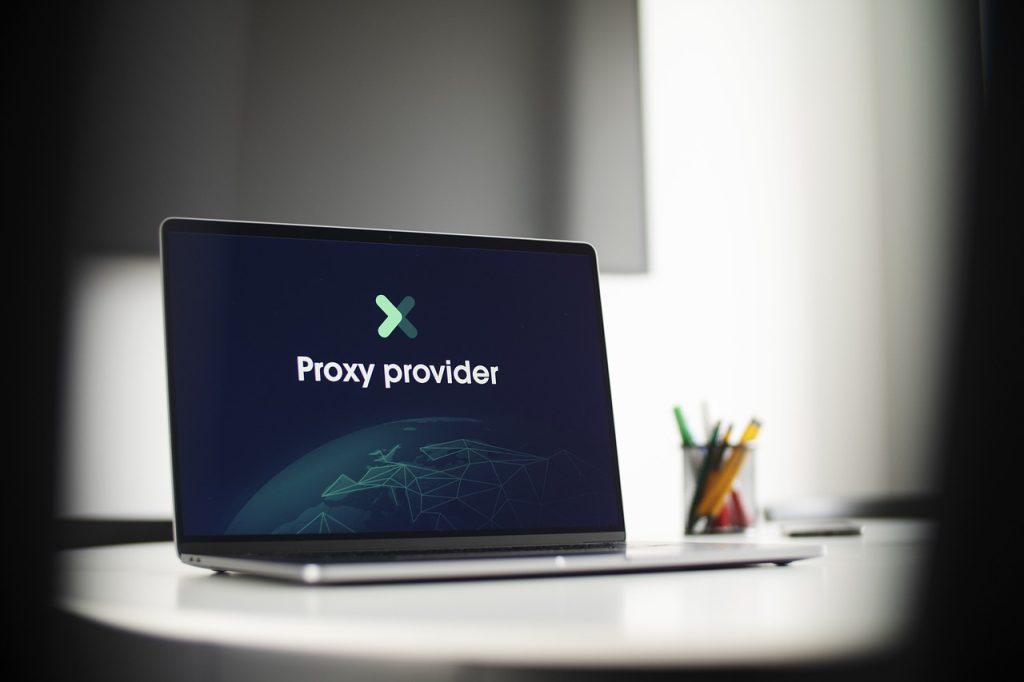Do you want to buy proxy? Read on to learn more about this.
In today’s digital world, the demand for privacy, security, and unrestricted access to data has never been higher.
Whether you’re a business extracting data for market research, a cybersecurity expert testing network vulnerabilities, or just a privacy-conscious individual, buying a proxy is a crucial step toward achieving anonymity, bypassing geo-restrictions, and ensuring secure online activity.
But the question remains: how do you choose the right proxy provider? What are the best proxy services in the market? How do you avoid being overcharged or using blacklisted IPs?
This comprehensive tutorial walks you through everything you need to know about buying a proxy in 2026 — what proxies are, why you need them, and which providers dominate the industry right now.
Table of Contents
🧠 What is a Proxy?
A proxy server acts as a middleman between your device and the internet. Instead of connecting directly to a website, your request first goes to a proxy, which then forwards it on your behalf — masking your real IP address in the process.
This allows you to:
- Browse anonymously
- Bypass geo-restrictions
- Scrape data without being blocked
- Automate tasks like account creation
- Monitor SEO rankings globally
🧩 Types of Proxies You Can Buy
Before buying, you must understand the major types of proxies and what they’re good for:
| Type | Description | Best Use Case |
|---|---|---|
| Residential | IPs from real home users | Scraping, automation, avoiding bans |
| Datacenter | IPs from cloud servers | Speed-intensive tasks, price tracking |
| Mobile | IPs from mobile networks (3G/4G/5G) | Ad verification, mobile apps, CAPTCHA-heavy sites |
| ISP Proxies | Residential IPs hosted on datacenters | Hybrid power + legitimacy |
| Rotating Proxies | IPs change per request/session | Large-scale scraping |
| Static Proxies | Fixed IP address | Account management, logins |
Before diving into proxy types and use cases, let’s highlight our top 3 picks for the best proxy providers of 2026, based on performance, versatility, affordability, and customer satisfaction.
🥇 1. Oxylabs – Best for Enterprise-Grade Web Scraping and Reliability
Proxy Types: Residential, Datacenter, Mobile, Web Unblocker
Pricing: Starts from $4/GB
Trial: Unlimited trial for scraping tools (up to 2K results)
Best For: Web scraping, SEO monitoring, price aggregation, data intelligence
Why Oxylabs?
Oxylabs is considered the gold standard for enterprises looking for premium proxy services. With access to over 175 million IPs globally, its proxies are known for speed, stability, and incredibly low block rates.
- Residential proxies offer wide IP rotation and session control.
- Mobile proxies support advanced anti-bot evasion.
- Oxylabs’ Web Unblocker is ideal for scraping tough websites like Amazon or Google.
- Their Datacenter proxies boast unparalleled speed for bandwidth-intensive operations.
Pros:
- 175M+ real IPs globally
- Country, city, ASN, ZIP targeting
- 24/7 support & dedicated account managers
- Built-in AI-powered scraping tools
Cons:
- Setup complexity for non-tech users, but they offer resources for a quick learning process
🥈 2. Webshare – Best Value for Affordable Private Proxies
Proxy Types: Static Residential, Rotating Residential, Datacenter
Pricing: Free plan available; Paid from $2.99/month
Trial: Free with limited bandwidth
Best For: Freelancers, small businesses, sneaker botters, automation, VPN-like tasks
Why Webshare?
Webshare stands out as one of the most affordable proxy providers, offering private proxies at an extremely low cost. With highly customizable packages, you can tailor your proxy needs — bandwidth, locations, or concurrency — without paying enterprise prices.
Along that, you’ll get a premium IP pool of 80M+ proxies and coverage in 195+ countries for Residential proxies.
Their dashboard is beginner-friendly, and they offer real-time usage tracking, API integration, and excellent uptime.
Pros:
- Pay-as-you-go, no contract
- Easy-to-use dashboard
- Fast delivery (instant activation)
- Customizable performance settings
Cons:
- IP pool not as vast as Oxylabs
🥉 3. Decodo (Formerly Smartproxy) – Best for Versatility and Performance
Proxy Types: Residential, Datacenter, Mobile, ISP, Site Unblocker
Pricing: $1.5/GB Residential, $0.27/IP ISP, $4.5/GB Mobile, $0.026/IP Datacenter, $1.6/1K req Site Unblocker
Trial: 3-day free trial with 100MB
Best For: Versatile web scraping, social media, ad verification, automation tools
Why Decodo?
Decodo (formerly Smartproxy) has rebranded but retained its powerful network of over 125 million IPs across 195+ locations around the globe.
Its key strength is plug-and-play versatility — managing multiple social media or eCommerce accounts, scraping websites, or doing market research.
Its user interface is sleek, and it integrates easily with tools like Python scripts, browser extensions, APIs, and various third-party software.
Pros:
- One of the largest rotating IP networks
- 195+ worldwide locations
- 99.99% uptime
- #1 response time in the market
- Advanced geo-targeting
- Extensive documentation and 24/7 technical support
Cons:
- Advanced features may be overwhelming for newbies
⭐ Other Great Proxy Providers to Consider in 2026
While the top 3 Editor’s Choice are elite, here are other trustworthy proxy services making waves in 2026:
4. MarsProxies – Best for Gaming and Social Media Bots
Proxy Types: Residential, ISP, Datacenter
Pricing: From $15/month
Best For: Social media automation, sneaker copping, gaming bots
MarsProxies is a favorite among botters and social media automation users. Their rotating residential proxies bypass blocks and CAPTCHAs with ease. Their dashboard is designed for beginners and advanced users alike.
Unique Edge: They offer geo-targeting for residential proxies with high session control.
5. Croxy — Best Free Web Proxy for Browsing & Streaming
Proxy Types: Web-based proxy
Pricing: Free (with premium plans available)
Best For: Quick anonymous browsing, unblocking websites, streaming
Croxy is one of the most popular free proxy services in 2026, loved for its simplicity and reliability. Unlike traditional proxy APIs, Croxy lets you surf any site directly from your browser — no setup, no configuration.
Its SSL encryption ensures your connection remains private, and it supports major sites like YouTube, Google, and Reddit even under restricted networks.
Unique Edge:
- Works instantly via browser
- Supports media streaming
- Zero installation required
==>> Get Croxy
6. Nodemaven – Best for Developer Integrations
Proxy Types: Residential, Datacenter
Pricing: Custom pricing; starts around $12/month
Best For: DevOps teams, API scraping, cybersecurity testing
Nodemaven is one of the best proxy services geared toward developers and enterprise testers. Their robust API, tokenized access, and real-time analytics make it a great tool for internal dev teams building custom crawlers or testing applications across regions.
7. IPRoyal – Best for Pay-As-You-Go Residential Proxies
Proxy Types: Residential, Mobile, Static
Pricing: From $0.80/GB
Best For: Researchers, freelancers, one-time projects
IPRoyal is known for affordable bandwidth-based pricing. Instead of committing to monthly plans, you can buy proxies per GB — perfect for lightweight users or data scraping gigs.
Strengths:
- Flexible payment
- Easy to integrate
- Offers browser extension
8. ProxyEmpire – Best for Global Coverage
Proxy Types: Residential, Mobile
Pricing: Starts from $10/GB
Best For: Global data intelligence and surveys
With over 150+ countries covered, ProxyEmpire ensures you get access from almost any location. This is ideal for global advertising testing, price comparison, and local search scraping.
9. Soax – Best for Clean IP Pools
Proxy Types: Residential, Mobile
Pricing: $99/month (residential)
Best For: Anti-bot evasion, clean traffic campaigns
Soax invests heavily in clean IP rotation and KYC measures. If you’re working on sensitive scraping tasks or operating in competitive niches, their reliably clean IPs reduce ban risks significantly.
10. Proxy-Cheap – Best for Budget-Conscious Users
Proxy Types: Residential, ISP
Pricing: From $0.75/GB
Best For: Students, researchers, low-cost tasks
Despite its name, Proxy-Cheap delivers decent performance at a fraction of the cost. While not suitable for high-scale automation, it’s a great entry-level provider for casual use.
READ ALSO: The Ultimate Guide to Free Proxies
Best Proxy Services Providers To Buy From
⚙️ How to Buy a Proxy (Step-by-Step)
If you’re new to proxies, here’s how to get started:
Step 1: Determine Your Use Case
Do you need it for web scraping, gaming, accessing geo-blocked content, or social media automation?
Step 2: Choose the Proxy Type
Datacenter for speed
Residential/Mobile for authenticity and lower ban risk
ISP for hybrid balance
Step 3: Pick a Provider
Use our Editor’s Choice or vetted list. Check reviews, IP pool size, speed, location coverage, and dashboard tools.
Step 4: Choose Location and Rotation
Most providers offer:
Geo-targeting (country/city level)
Rotating or sticky sessions
Choose based on whether you need stability (static) or anonymity (rotating).
Step 5: Test and Integrate
Use browser extensions or proxy software
Integrate with your bot, browser, script, or application
Monitor your usage via dashboards
⚠️ What to Avoid When Buying Proxies
Blacklisted IPs: Choose reputable providers that rotate clean IPs.
Free proxies: Risky, slow, and often hacked or monitored.
Overpriced bandwidth: Look for flexible plans.
No refund policy: Good providers offer refunds or free trials.
✅ Best Proxy Use Cases in 2026
Web Scraping: Extract product prices, SEO rankings, reviews
Sneaker Bots: Cop limited drops from Nike, Adidas
Streaming: Bypass Netflix, Hulu geo-restrictions
Social Media: Run multiple accounts on Instagram, Facebook
Cybersecurity: Test firewalls, penetration testing
Ad Verification: Detect fraud or improper ad placements
Travel Aggregation: Compare flight and hotel prices worldwide
🧪 Proxy Tools You Might Need
Proxy Tester Tools: Check speed, anonymity (e.g., ProxyChecker)
Browser Extensions: Like Smartproxy or Decodo plugin
Proxy Managers: FoxyProxy, ProxyMesh
Bots: Instaloader, Scrapy, Puppeteer for automation
Buy Proxy: Frequently Asked Questions (FAQs)
What is a proxy, and why should I buy one in 2026?
A proxy acts as an intermediary between your device and the internet, masking your real IP address and routing your connection through another IP. In 2026, buying a proxy is essential for use cases like web scraping, ad verification, social media automation, sneaker botting, SEO tracking, and maintaining online privacy. With stricter IP bans and evolving bot detection systems, paid proxies offer more reliability, speed, and anonymity compared to free alternatives.
What is the difference between residential, datacenter, and mobile proxies?
Residential proxies use IP addresses assigned to real household devices. They are harder to detect and ideal for stealthy scraping or managing multiple accounts.
Datacenter proxies are hosted on servers and provide high-speed, cost-effective IPs. They’re great for bulk data scraping and automation.
Mobile proxies route traffic through real mobile networks (3G/4G/5G), making them perfect for mobile testing, social platforms, and highly secure environments.
How do I choose the best proxy provider for my needs?
To choose the best proxy service, consider the following:
Use case (scraping, SEO, automation, etc.)
Proxy type (residential, datacenter, mobile)
Location targeting (country, city, ASN)
Rotation control (session time, sticky IPs)
Bandwidth limits and pricing models
API access and developer tools if you’re coding
Top-rated providers like Oxylabs, Webshare, and Decodo (formerly Smartproxy) offer excellent balance across these metrics.
Are free proxies safe to use?
Free proxies are generally not safe or reliable. They often:
Lack of encryption and privacy protections
Have limited or shared bandwidth
Can be blacklisted or flagged as spam
Pose risks of data leaks or malicious redirects
If your project involves sensitive data or business use, investing in a trusted paid proxy service is highly recommended.
Can I use proxies for web scraping legally?
Yes, proxies can be used for web scraping legally, provided you respect the terms of service of the target websites and avoid scraping personal or sensitive user data. Many providers, including Oxylabs and Bright Data, offer compliance-focused solutions to ensure ethical scraping practices aligned with GDPR and other data regulations.
How much does it cost to buy a good proxy service?
Pricing depends on the proxy type and use case:
Residential proxies: $10–$25 per GB
Datacenter proxies: $1–$3 per IP/month
Mobile proxies: $50–$150/month
Some providers, like IPRoyal and Proxy-Cheap, offer pay-as-you-go pricing, while others like Webshare and MarsProxies provide subscription-based models with unlimited bandwidth or thread limits.
Can I switch locations or IPs after buying proxies?
Yes. Most premium proxy services offer location switching (country or city) and IP rotation controls. Some even allow real-time IP refreshing or port-based rotation. Platforms like Decodo, ProxyEmpire, and SOAX give you granular control over your IP usage, making them ideal for tasks requiring dynamic geo-targeting.
What is the best proxy service in 2026?
There is no one-size-fits-all answer, but top providers for 2026 include:
Oxylabs – Best all-around for enterprise scraping and scale
Webshare – Best for developers and performance on a budget
Decodo (Smartproxy) – Best for UI simplicity and versatility
Other strong contenders include IPRoyal, MarsProxies, Nodemaven, NetNut, and ProxyEmpire. Your choice should align with your specific goals, budget, and technical needs.
🏁 Final Thoughts: Buy Proxy Services Wisely
In 2026, buying a proxy is no longer just for hackers or advanced developers — it’s now a mainstream tool for businesses, marketers, and even average users who want more privacy, performance, and control online.
Your choice of proxy provider will greatly impact your success. For enterprise-grade performance, go with Oxylabs. If you’re budget-sensitive but need quality, choose Webshare. For all-round excellence and flexible integrations, Decodo is your go-to.
Whichever path you take, buy smart, use responsibly, and always test first.
Editor’s Note:
Proxy markets evolve fast. Always confirm the provider’s latest features, pricing, and terms before committing long-term. Reliable proxies can transform your digital projects — choose wisely.
INTERESTING POSTS
About the Author:
Christian Schmitz is a professional journalist and editor at SecureBlitz.com. He has a keen eye for the ever-changing cybersecurity industry and is passionate about spreading awareness of the industry's latest trends. Before joining SecureBlitz, Christian worked as a journalist for a local community newspaper in Nuremberg. Through his years of experience, Christian has developed a sharp eye for detail, an acute understanding of the cybersecurity industry, and an unwavering commitment to delivering accurate and up-to-date information.


